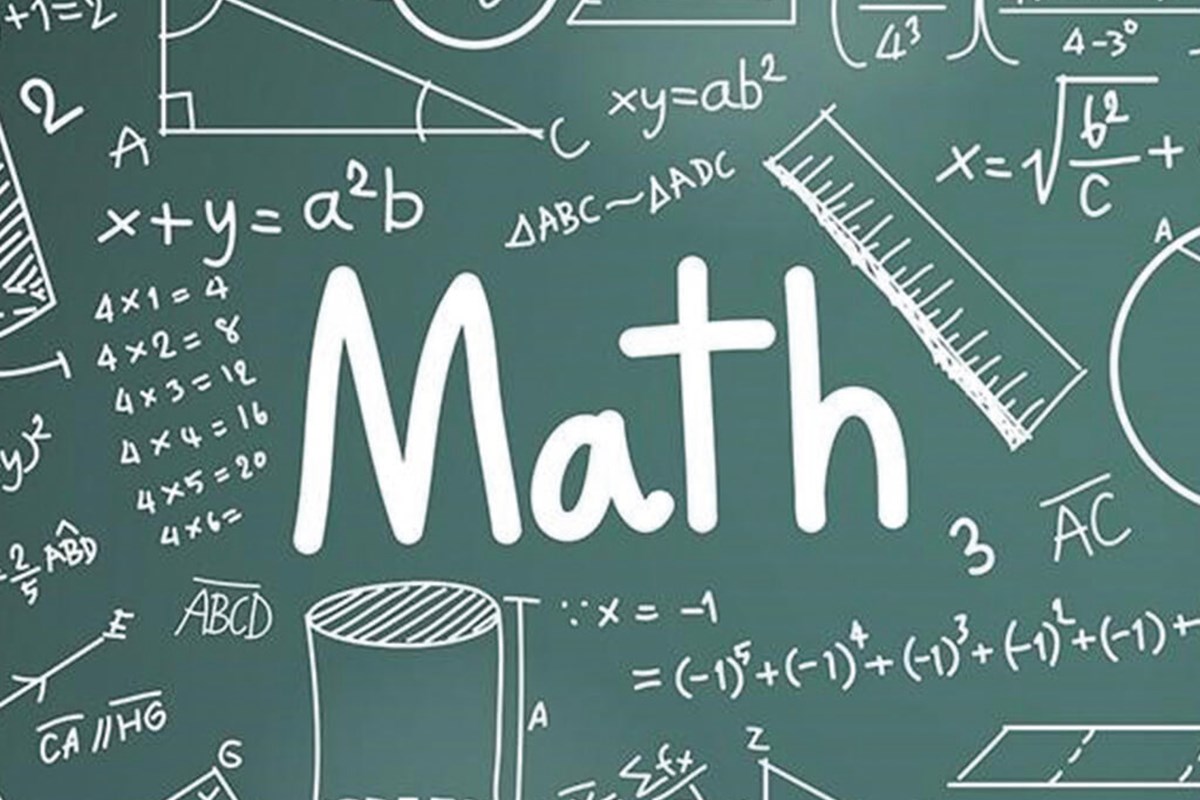
Mathematics is one of the most important life skills that we all use in our everyday lives, and there are many reasons why you should consider studying it.
Many of us say we’re not numbers people.
But numbers play a big part in all our lives, and understanding how numbers work can have a hugely positive impact. From finding a new job or getting a promotion, to managing debt and getting a better handle on family finances, everyone can find a way of making numbers work for them.
Maths in Society
Numeracy is an essential skill for every job. There is a myriad of ways in which maths is used in employment: handling financial transactions; estimating costs, floor spaces and materials; measuring medicines, food and drink supplies, hair dyes; understanding data and statistics; calculating computer coding; using algebra in engineering and geometry in transport and logistics; dealing with payslips, tax and national insurance, the list is endless.
In a world where the opportunities relating to science and technology are soaring, it is vital that everyone appreciates the value of having good numeracy skills. Poor numeracy is a direct drag on the economy - a report in 2014 by Pro Bono Economics undertaken for National Numeracy estimated the cost to the UK economy of outcomes associated with low levels of numeracy to be around £20.2 billion per year, or about 1.3% of GDP. It is therefore imperative to ensure that Scotland’s workforce is confident and fluent in maths if her economy is going to continue to compete internationally, and the growing national skills gap is to be addressed.
Every job entails some sort of basic maths, yet we overlook this as it becomes second nature when we actually apply it. Many careers use maths as basis for more specific skills – including engineering, quantity surveying, science, and games and computer programming. But just about any job role you can think of will include maths. And the better your maths skills, the better you will be able to perform that job role. And without people who can do maths, we would not have many of the things we take for granted.
There is a fairly wide-held perception that a person is either good at maths or no good at maths. And that the maths you learn at National 4, National 5, and Higher level is of no relevance to real life. But that’s just not true!
What good maths skills can lead you to
When studying mathematics, you develop skills that are transferable to suit whatever career you’re interested in. Studying maths could potentially lead to a career in:
- Engineering
- Science
- Finance
- Banking
- Computing
- Construction
- Teaching
- And many more
Maths at college
Being better with numbers isn’t a special talent, it’s something we can all learn at any stage in our lives.
If you would like to improve your mathematics skills and qualifications, college is the perfect place to do it. You can gain qualifications in your spare time to fit around your existing work, study, and family commitments.
And did you know that Fife College exceeded the national pass rate for National 4, National 5 and Higher Mathematics last year so there is no better place to start your studies!
So what are you waiting for?



